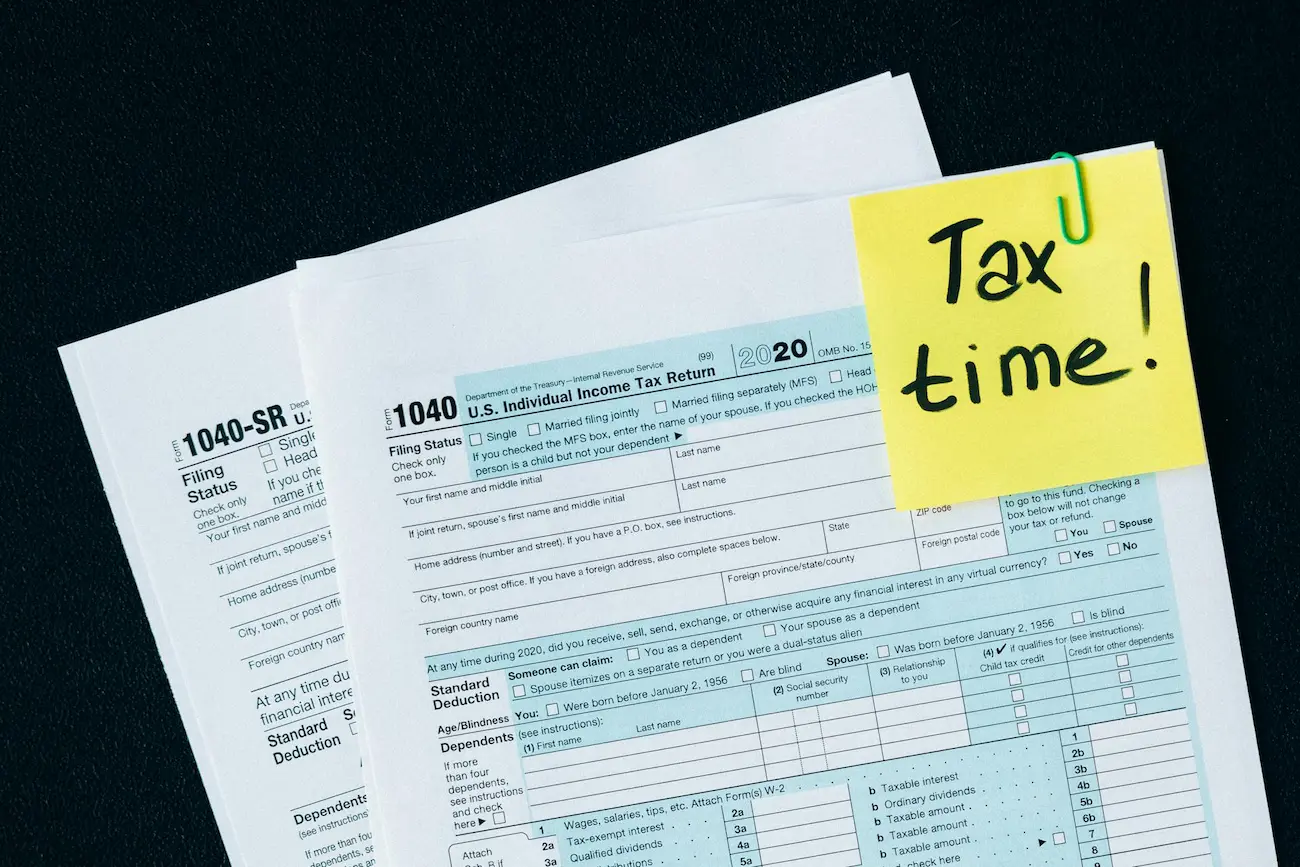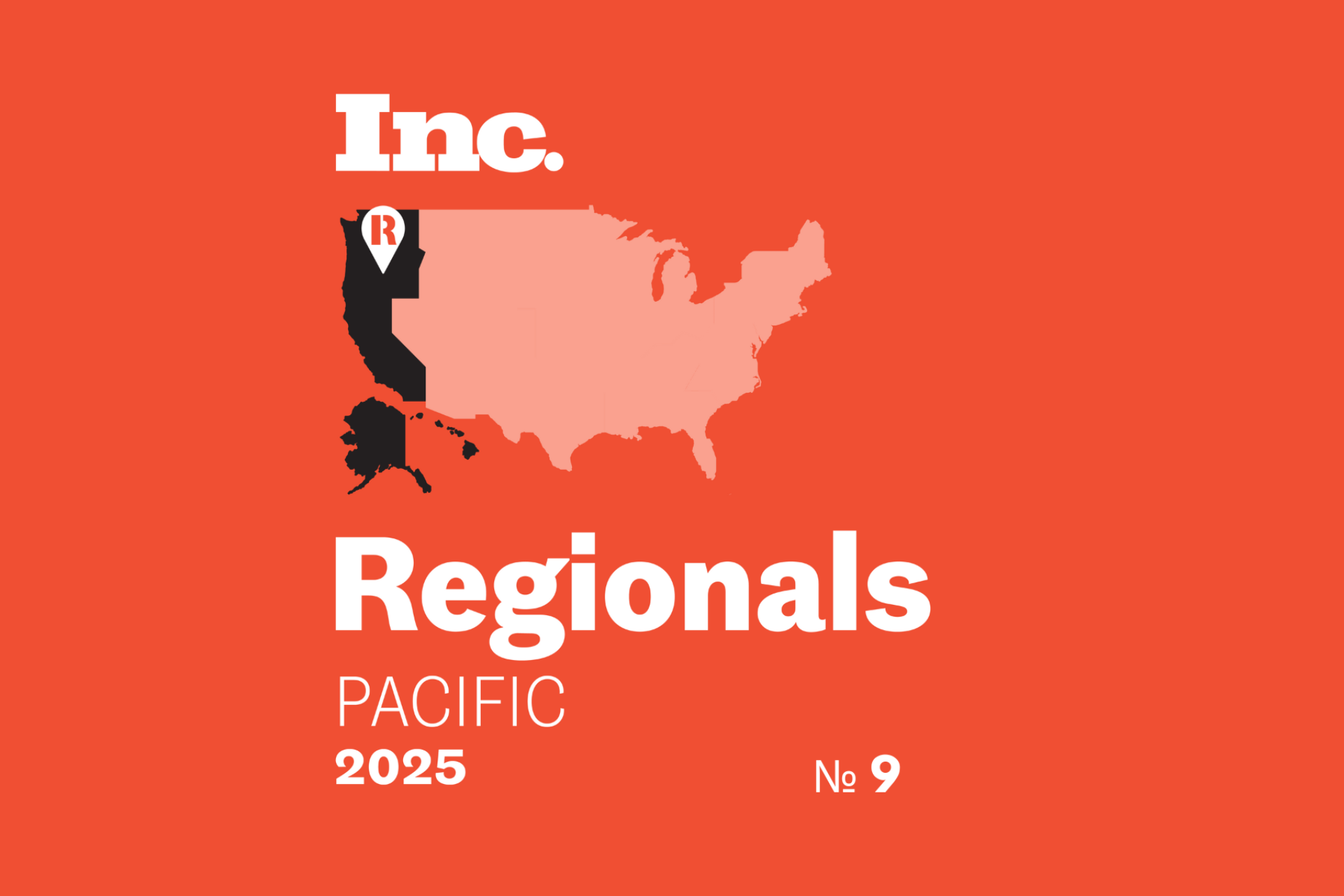Owning a small business in California is no small feat. With a booming economy and a diverse customer base, the Golden State offers plenty of opportunities for entrepreneurs. However, it also comes with some of the highest tax burdens in the country. Whether you’re an independent contractor, a startup founder, or managing an established business, keeping up with California tax laws is essential to maintaining profitability and compliance.
Every year, tax reforms introduce new rules that impact business income, payroll taxes, and deductions. Some changes may help small businesses, while others add to the tax burden. Understanding these changes can help small business owners make informed decisions, avoid costly penalties, and take advantage of any available business tax credits.
Common Tax Reforms Every California Business Owner Should Know About
California has made several tax adjustments that directly impact small businesses, S corporations, LLCs, and sole proprietors. Here are the major tax laws you should be aware of:
1. Limitation on Business Tax Credits
If your business relies on business tax credits to lower your tax liability, California has placed a cap on how much you can claim. The total limit for credits is now $5 million, affecting those who previously carried over unused credits. However, certain exemptions apply, such as personal income tax credits and the low-income housing credit.
For businesses that exceed the cap, the carryover period has been extended, meaning you won’t lose your unused credits—you’ll just have to wait longer to claim them. If you’re unsure how this affects your business, consulting a CPA firm or exploring outsourcing bookkeeping services can help you stay compliant while maximizing savings.
2. Franchise Tax
Even if your business doesn’t generate a profit, you may still have to pay franchise tax. This tax applies to:
- S corporations
- Limited Liability Companies (LLCs)
- Limited Partnerships (LPs)
- Limited Liability Partnerships (LLPs)
Traditional C corporations that don’t report positive business income must also pay the minimum franchise tax to maintain compliance. Understanding your tax obligations early can prevent penalties and ensure efficient financial management. Working with an Anaheim CPA or a local bookkeeper can help you navigate these complexities.
3. Suspension of Net Operating Loss (NOL) Deductions
For businesses with an annual net operating loss or adjusted gross income over $1 million, California has suspended NOL deductions until January 1, 2027. This means businesses with significant losses cannot use them to offset tax liability during this period.
However, there’s some relief—California has extended the carryforward period by up to three years, allowing businesses to apply unused losses to future tax years. If your company relies on bookkeeping services to track finances, this is an important change to keep in mind.
4. Alternative Minimum Tax (AMT)
California enforces an Alternative Minimum Tax (AMT) of 6.65% on corporations and LLCs that elect C corporation status. This tax ensures that businesses with substantial deductions don’t completely eliminate their corporate tax obligations.
Even if a business uses deductions, business tax credits, or tax avoidance strategies, the AMT applies if their regular tax liability falls below the minimum threshold. The goal is to prevent companies from excessively reducing taxable income, especially those with foreign subsidiaries or intellectual property that may shift profits abroad.
5. Reporting Requirements for Third-Party Payment Platforms
The American Rescue Plan Act introduced a rule requiring businesses to report payments exceeding $600 received through third-party payment platforms such as PayPal, Venmo, and Zelle. While the IRS has delayed its enforcement, small business owners should still prepare for future compliance.
Previously, these platforms only issued 1099-K forms if a business processed more than 200 transactions or received over $20,000 in payments. The new threshold drastically lowers the reporting requirement, meaning more small businesses will need to account for these transactions when filing their business income taxes.
If your business relies on digital payments, now is the time to improve bookkeeping practices and ensure all transactions are properly recorded.

6. Increased Scrutiny on Independent Contractors
With California’s AB5 law and subsequent modifications, the state has increased its focus on how businesses classify workers. Misclassifying an employee as an independent contractor can lead to severe penalties, including back payroll taxes, unpaid benefits, and fines.
To determine if a worker qualifies as an independent contractor, businesses must apply the ABC Test:
- The worker must be free from the company’s control.
- They must perform work outside the usual course of the company’s business.
- They must be engaged in an independently established trade or business.
California is actively cracking down on misclassification to ensure that more workers receive proper income tax reporting, payroll tax contributions, and employment benefits. If your business relies on contractors, working with a California CPA or outsourcing bookkeeping services can help ensure compliance and avoid unexpected tax liabilities.
7. Pass-Through Entity Tax
For S corporations, partnerships, and LLCs, California offers a workaround for the federal $10,000 state and local tax (SALT) deduction cap. The Pass-Through Entity Tax (PTET) allows eligible businesses to pay state taxes at the entity level, rather than having owners claim them as personal deductions.
This strategy can help small business owners reduce their federal taxable income, effectively lowering their overall tax rate. While not mandatory, electing to participate in PTET can be beneficial, especially for those facing high business income taxes.
8. Main Street Small Business Tax Credit II
To support small businesses that retained employees during the pandemic, California introduced the Main Street Small Business Tax Credit II. This program provides a tax credit of up to $150,000 to offset business tax liabilities, helping owners recover from financial hardships.
Eligible businesses must demonstrate a decrease in gross receipts of at least 20% between 2019 and 2020. The credit can be used to offset income tax, franchise tax, and minimum franchise tax, offering a much-needed financial cushion for qualifying businesses.
Does California Charge Double Taxes for Small Businesses?
If you’re running a small business in Anaheim, California or surrounding areas, you’ve probably noticed that tax laws here can be more complex (and expensive) than in other states. One of the biggest concerns for business owners is double taxation—where both business income and personal income are taxed, increasing the overall tax burden.
How Double Taxation Works in California
Most small businesses in the U.S. are set up as pass-through entities, such as S corporations, limited liability companies (LLCs), and partnerships. Normally, these businesses don’t pay federal corporate tax because the profits “pass through” to the owners, who report the income on their personal tax returns. This prevents double taxation at the federal level.
However, California takes a different approach:
- Businesses still pay state taxes. Unlike most states, California taxes both the business itself and the business owner—meaning small business owners may have to pay twice.
- LLCs pay a state franchise tax. Even if an LLC isn’t generating a profit, it must still pay a minimum franchise tax of $800 per year (or more, depending on gross receipts).
- S Corporations pay corporate tax. Even though S Corps avoid federal corporate taxation, California imposes a 1.5% corporate tax on their net income.

How This Impacts Small Business Owners
For entrepreneurs and small business owners, California’s double taxation means higher taxes and tighter profit margins. If your business is structured as an S Corp or LLC, you’re not just paying personal income tax—you’re also responsible for franchise taxes, minimum taxes, and state corporate tax rates.
In other states, a small business owner might only need to pay personal income tax on their business earnings. In contrast, a California business owner faces personal income tax, state business tax, and franchise tax (if applicable). This layered taxation makes starting and scaling a business in California more challenging compared to states with lower tax burdens, adding financial pressure to entrepreneurs trying to grow their businesses.
Types of California Business Taxes
We’ve already covered how tax laws impact different business structures, but here’s a quick review to summarize the key points. Understanding these differences can help you plan ahead and avoid surprises when tax season rolls around.
C Corporations
- Pays California’s corporate tax rate of 8.84% on net income.
- Must pay the $800 minimum franchise tax, even if no profit is made.
- Faces double taxation—profits are taxed at the corporate level and again when distributed as dividends.
S Corporations
- Avoids federal corporate taxation, but California still applies a 1.5% state tax on net income.
- Required to pay the $800 minimum franchise tax annually.
- Income passes through to shareholders, who report it on their personal income tax returns.
LLCs
- Pays the $800 minimum franchise tax, no matter how much revenue is generated.
- Subject to an LLC fee based on gross receipts, not just profit.
- Income flows through to the owners and is taxed at personal income tax rates.
Partnerships and Sole Proprietorships
- No corporate-level tax—all profits and losses pass through to the owner.
- Owners pay personal income tax and may owe self-employment tax.
- Partnerships must comply with additional reporting requirements under California tax laws.
How can Potrus CPA help?
Taxes in California can feel like a never-ending maze. With franchise taxes, state business taxes, double taxation on pass-through entities, the list goes on. The good news is you don’t have to figure it all out on your own. Whether you’re trying to reduce your tax liability, stay compliant with state tax laws, or just get a better handle on your business finances, working with experts can make life a whole lot easier.
Potrus CPA helps small business owners with everything from tax preparation and business tax planning to accurate bookkeeping and financial management. Need help sorting through S Corp vs. LLC taxes? Want to outsource bookkeeping so you can focus on running your business? We’ve got you covered. With the right strategy and expert guidance, you can navigate California’s tax system without the headache.
Running a business is hard enough—don’t let taxes slow you down. Whether you need help filing, planning, or optimizing your tax strategy, Potrus CPA is here to make things simpler. Reach out today, and let’s get your business finances working for you!








